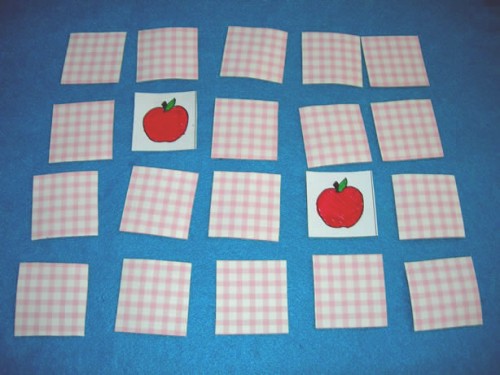Storing documents in your computer makes it easier to retrieve them, but …
A study at Columbia University headed by Betsy Sparrow found that people were more likely to forget things if they felt they could retrieve them easily via computer.
In one experiment, participants typed 40 bits of trivia (e.g., an ostrich’s eyes are bigger than its brain) into a computer. Half were told that the information would be saved. Half believed it would not. Those that believed it would be saved had a significantly harder time remembering the trivia than those who thought it would be lost.
In another experiment, participants were asked to recall not just the bit of trivia but which of the five folders it was saved in. Most were better able to recall the folder than the fact.
This confirms what I’ve always suspected: The reason I don’t keep track of what our friends are up to is because I have a folder, my wife, who does it for me.
The same is true when we travel together. I never pay attention to street signs because I know she does. Is this a sign of laziness or intelligence? I’d say both. In fact, there is a term for this – the idea that we rely on our family, friends, and colleagues as well as references to “store” facts. It’s called transactive memory.

